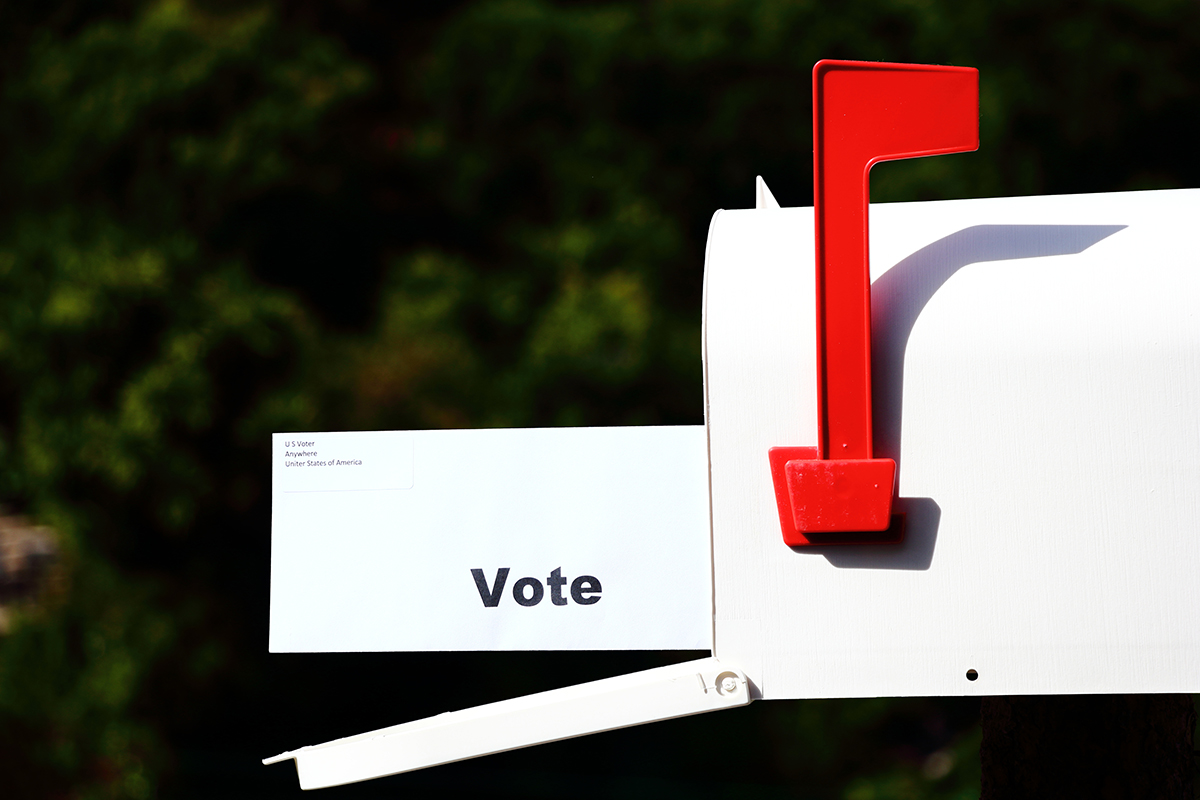
As the coronavirus pandemic drags on while the 2020 presidential election draws near, the call for mail-in voting is getting louder. Most of that increased loudness is coming from Democrats.
The justification for mail-in voting by its proponents is fear of spreading COVID-19. By gathering people in long lines at polling places, they say, the risk of transmitting the disease goes up unacceptably.
Republicans generally are opposed to mail-in balloting. (To be fair, so are some Democrats.) That opposition is based on four central arguments.
First, say opponents, mail-in voting is ripe for fraud. Mail-in ballots, they say, are vulnerable to theft and forgery. In a recent municipal election in Patterson, New Jersey that was conducted by mail, many voters complained that they never received their ballots even though those ballots were recorded as having been voted.
Mailing ballots to every registered voter assumes that voter rolls are correct, which in most cases they are not. Voter rolls in counties across the country notoriously contain the names of people that have long ago moved or long ago died.
The second objection raised by opponents of mail-in voting revolves around infrastructure. It is late in the game, opponents say, for states to organize an efficient mail-in voting system. Systems for receiving and tabulating large numbers of ballots must be devised. Rules must be written and agreed to. When must a ballot arrive to be counted? What factors will constitute cause for rejecting a ballot? It takes time in the calmest of circumstances for interested parties to agree on such things. Time is short and these are not the calmest of circumstances.
The third objection centers around the postal service. Can it be counted on to handle a sudden surge in volume? There were 130 million votes cast in the election of 2016. Experts predict that number will rise to 150 million this cycle. That’s 300 million pieces of mail that will need to be delivered on time for a meaningful election result to be determined.
A further doubt about the postal service is political. The current Postmaster General is a Trump appointee. In a close Trump victory, Democrats could object that he put his thumb on the scale in favor of the president. On the other hand, the postal unions are dominated by Democrats. In a close Biden victory, Republicans could object on the same grounds.
The fourth objection by mail-in voting opponents is the likelihood of Florida’s “hanging chads” of 2000 writ large. The 2000 election wound up in the Supreme Court and wasn’t decided until December 12 – six days before the Electoral College was scheduled to meet.
In an election that is close in multiple states, and with rules and logistics for mail-in voting having been hastily devised, multiple lawsuits that could delay a result past the Electoral College deadline and even past Inauguration Day are likely.
Mail-in balloting is a contentious issue in an election cycle that is certain to be the most contentious in history. The arguments surrounding mail-in voting are only going to get louder.